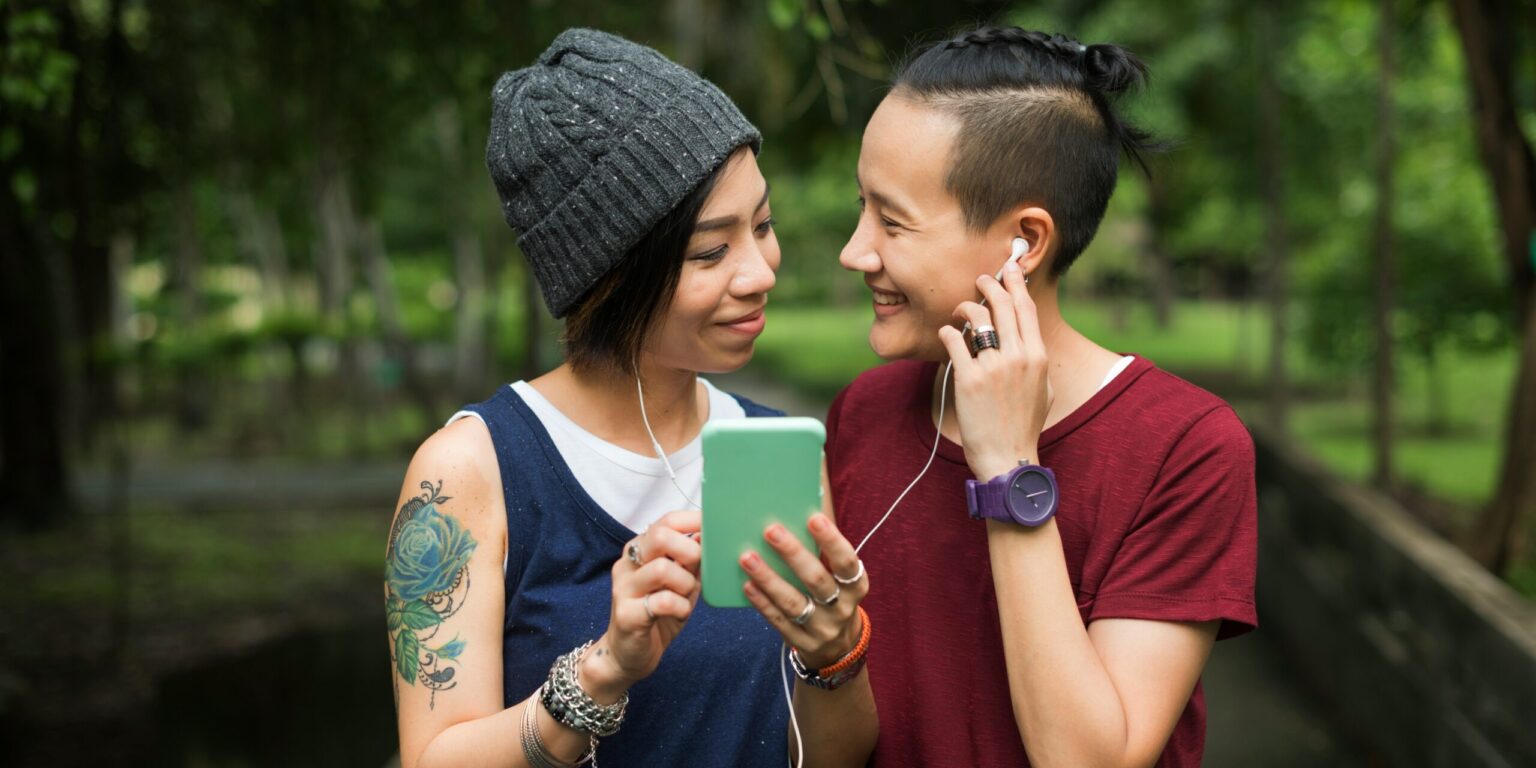Every July 18, people around the world pause to recognize World Listening Day, a global reminder of the power of truly listening—not just to the sounds around us, but deeply and intentionally to each other. This observance, rooted in acoustic ecology, champions the idea that the art of listening can transform our relationships and foster deeper understanding in an increasingly noisy digital world.
World Listening Day was first celebrated in 2010 by the World Listening Project, a nonprofit devoted to exploring the intricate relationship between humans and their environments through sound. The date was chosen in honor of Canadian composer and environmentalist R. Murray Schafer, born on July 18, 1933, who is widely regarded as the founder of acoustic ecology and the creator of the influential World Soundscape Project in the 1970s. The day encourages us to step away from the constant hum of digital notification and urban noise to reconnect with our environment—listening to the chirping of birds, the rustle of wind, or the voices of loved ones. Each year typically unfolds around a distinct theme, with past years featuring titles such as “Sounds Lost & Found,” “Listening to the Ground,” and “Listen to You!” These themes often inspire community events, art installations, and introspective “soundwalks” across the globe.
At the heart of World Listening Day lies the concept of active listening, a communication practice emphasized in both personal relationships and professional research. Active listening means fully attending to what someone is saying—both their words and nonverbal cues—and demonstrating understanding through thoughtful responses. Developed in part by psychologists Carl Rogers and Richard Farson in 1957, this approach involves focusing without distractions, interpreting emotions, and offering thoughtful, empathetic feedback. Studies have shown that such listening not only boosts intimacy and reduces misunderstandings in relationships, but also helps individuals feel truly seen and heard. Without this kind of attentiveness, people can feel emotionally distant or disconnected from one another.
Psychologists also point to the mental health benefits of active listening. It enhances a sense of belonging and combats feelings of isolation. When someone feels heard, their brain’s reward pathways are activated, improving their mood and deepening emotional connection. This is especially crucial in today’s fast-paced digital culture, where meaningful communication is often replaced by rapid exchanges and surface-level interactions.
Listening isn’t just about hearing sounds—it’s about engaging with context, tone, and unspoken emotion. It helps foster empathy, trust, and psychological safety. When people reflect and validate the emotions of others, they create environments where vulnerability is encouraged. This emotional safety net becomes essential not just in romantic or family relationships but also in workplaces, schools, and communities. It also aids in conflict resolution, as people who feel understood are more likely to collaborate and find common ground.
Beyond interpersonal benefits, World Listening Day also spotlights our environmental awareness. The celebration is closely tied to acoustic ecology, which examines the relationship between humans and their sonic environment. Paying attention to the sounds of our surroundings helps raise awareness about noise pollution and its impact on health and biodiversity. From urban traffic to industrial hums, many modern soundscapes can drown out the subtle rhythms of nature, making it all the more important to reconnect through intentional listening.
There are many ways to observe World Listening Day. Participating in a soundwalk—where individuals walk silently and listen to their surroundings—is a popular method. Others might choose to unplug from digital devices for the day to better tune into their environment. Some host listening parties or attend workshops focused on sound art and environmental awareness. Even small acts, such as pausing during a conversation to reflect someone’s feelings, can serve as meaningful forms of celebration.
Practicing better listening doesn’t require grand gestures. It starts with being fully present—maintaining eye contact, silencing internal distractions, and resisting the urge to immediately respond. Summarizing what has been shared, asking open-ended questions, and staying nonjudgmental all help foster stronger connections. Over time, these habits help prevent “pseudolistening,” a common phenomenon where people appear attentive but are mentally disengaged. Pseudolistening can harm relationships by making others feel dismissed or misunderstood.
As the world grows louder and more fragmented, World Listening Day serves as a powerful call to action. It asks us to pause, listen with intention, and truly connect. Whether it’s with a friend, a partner, a child, or the environment around us, the simple act of listening can bridge gaps, heal divisions, and nurture the bonds that define our humanity. On this July 18, let’s celebrate by slowing down, quieting our minds, and embracing the transformative power of listening.
